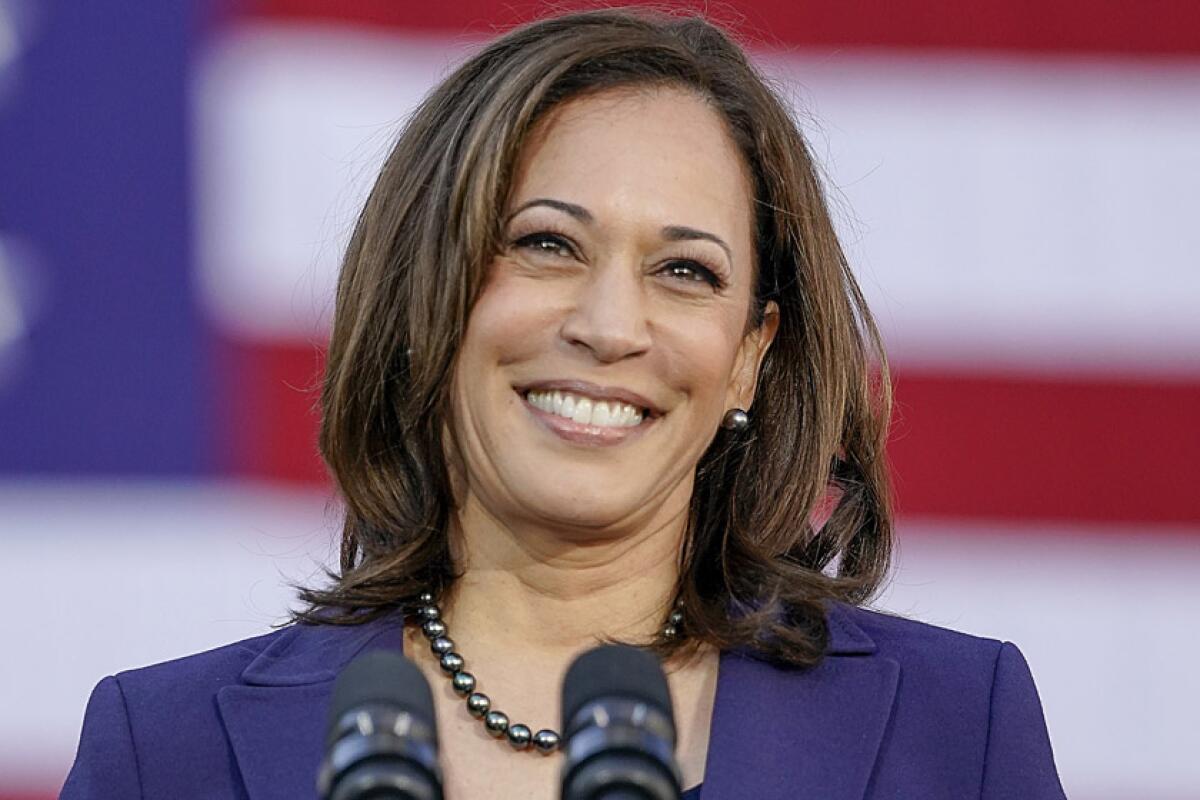Kamala Harris Embraces Crypto Donations in Major Shift for Democrats
05.09.2024 19:30 1 min. read Alexander Stefanov
At a recent New York conference, Coinbase CFO Alesia Haas announced that Kamala Harris, the Democratic presidential candidate, is now accepting cryptocurrency donations through Coinbase Commerce.
This platform, in use since 2018, allows businesses to process digital currency transactions.
This move suggests a shift in the Democratic Party’s traditionally cautious stance on crypto, which has been more reserved compared to the Republican approach. Haas hinted that increased lobbying by the crypto sector might be influencing this change and noted that Coinbase’s heightened policy engagement could lead to clearer regulatory guidelines in the U.S.
Harris has shown interest in crypto legislation, though a Coinbase spokesperson clarified that the Future Forward PAC, not Harris’s campaign directly, is using Coinbase Commerce for donations. This indicates a broader trend towards crypto acceptance within the party as Harris works to strengthen ties with the industry.
However, some skepticism remains. A crypto researcher known as Gumshoe has questioned the authenticity of Harris’s outreach. In contrast, Donald Trump has successfully engaged with the crypto community, which has been critical of the current administration’s policies.
With the election approaching, the role of crypto donations may impact voter perceptions. Betting odds on Polymarket currently show Trump leading with a 53% chance of winning, while Harris is at 46%, reflecting the potential influence of her evolving crypto stance.
-
1
Key Crypto Events to Watch in the Next Months
20.07.2025 22:00 2 min. read -
2
USA Imposes Tariffs on Multiple Countries: How the Crypto Market Could React
08.07.2025 8:30 2 min. read -
3
UAE Regulators Dismiss Toncoin Residency Rumors
07.07.2025 11:12 2 min. read -
4
Ripple Selects BNY Mellon as Custodian for RLUSD Stablecoin Reserves
09.07.2025 15:28 2 min. read -
5
Majority of U.S. Crypto Investors Back Trump’s Crypto Policy, Survey Finds
05.07.2025 18:09 2 min. read
Why Most Americans Still Avoid Crypto Despite Growing Adoption
Cryptocurrency ownership in the U.S. has grown steadily over the past few years, but it remains far from widespread.
Two Upcoming Decisions Could Shake Crypto Markets This Week
The final days of July could bring critical developments that reshape investor sentiment and influence the next leg of the crypto market’s trend.
Winklevoss Slams JPMorgan for Blocking Gemini’s Banking Access
Tyler Winklevoss, co-founder of crypto exchange Gemini, has accused JPMorgan of retaliating against the platform by freezing its effort to restore banking services.
Robert Kiyosaki Warns: ETFs Aren’t The Real Thing
Renowned author and financial educator Robert Kiyosaki has issued a word of caution to everyday investors relying too heavily on exchange-traded funds (ETFs).
-
1
Key Crypto Events to Watch in the Next Months
20.07.2025 22:00 2 min. read -
2
USA Imposes Tariffs on Multiple Countries: How the Crypto Market Could React
08.07.2025 8:30 2 min. read -
3
UAE Regulators Dismiss Toncoin Residency Rumors
07.07.2025 11:12 2 min. read -
4
Ripple Selects BNY Mellon as Custodian for RLUSD Stablecoin Reserves
09.07.2025 15:28 2 min. read -
5
Majority of U.S. Crypto Investors Back Trump’s Crypto Policy, Survey Finds
05.07.2025 18:09 2 min. read


